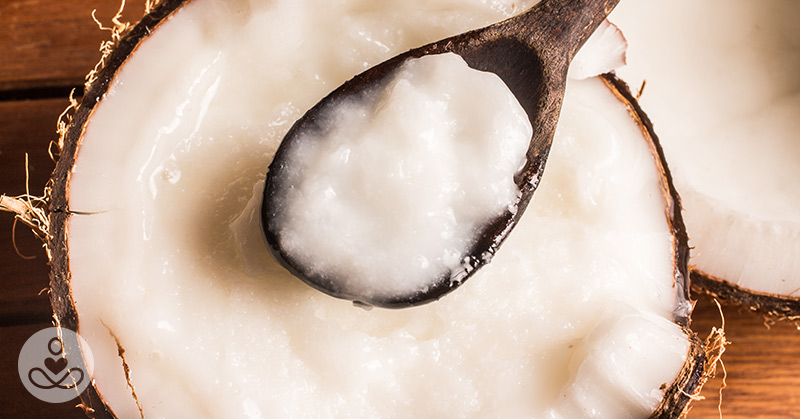This article was originally published June 4, 2019, and has since been updated.
Summer nights, sunsets, and… bug spray. Many of you can relate to the seemingly unavoidable mouthful of insect repellent on a beautiful warm evening. Fortunately, there may be a natural alternative according to scientists.
For those of you who would rather not spray the artificial chemical laden insect repellents, often containing DEET, you can once again give a round of applause for coconut oil (or at least fatty acids derived from it)! Coconut oil has many different uses, and repelling insects is one of them!
Although these repellents are incredibly effective at preventing insect bites and warding off mosquitoes and ticks, there has been a growing public health concern about its potential risks and side effects on the human body.
Related: Mosquito Bites Sting and Swell? You Could Have Skeeter Syndrome
The “gold standard” for all repellents
Widely perceived as the “gold standard” when it comes to insect repellents, Consumer Reports agrees with the general scientific consensus that DEET is both safe and effective when used as directed. (1)
However, some cannot ignore the effects it has had on some individuals over the last six decades.
Also known as N, N-Diethyl-meta-toluamide, the yellowish liquid called DEET repels many biting insects. Interestingly, it doesn’t kill insects per se, but prevents them from landing altogether.
There are a couple of theories as to why DEET works: (1)
- The chemical makeup of DEET stops insects’ ability to pick up on the scent of human breath and sweat.
- The smell of DEET is that bad, bugs simply steer clear of it.
Related: Does the Peppermint Oil Trick Work for Removing Ticks?
A new — natural — repellent on the block
As reported by the U.S. Department of Agriculture, “compounds derived from coconut oil are better than DEET at repelling blood-sucking insects.” (2)
In the study published in the journal Scientific Reports, researchers found that fatty acids derived from coconut oil were effective in “[repelling] biting flies and bed bugs for two weeks after application…ticks for one week,” and mosquitoes. (3)
What’s more, repellency was actually stronger and with longer residual activity than that of DEET.
Related: The Surprising Reasons Why Mosquitoes Bite Some People and Don’t Touch Others
Coconut oil has many different uses. But Junwei (Jerry) Zhu, the lead researcher, clarified that coconut oil itself is not a repellent. In fact, it’s the medium chain fatty acids in coconut oil which were shown to strongly repel against blood-sucking insects. (2)
Zhu and his team encapsulated the coconut-oil derived combination of lauric acid, capric acid caprylic acid as well as their corresponding methyl esters. In field trials, they used the natural formula on pasture cattle.
To their surprise, it protected cattle from stable flies in the dead of summer for up to 96 hours — the longest protection provided by a natural repellent product studied to date. Compared with DEET’s 50 percent effective rate, the coconut oil compounds’ effective rate was greater than 95 percent. (3)
In a 2015 report, Consumer Reports found that although DEET is an effective repellent, its use can be accompanied by: (4)
- Rashes
- Disorientation
- Seizures
To DEET, or not to DEET
Whether or not you use synthetic insect repellent, there’s no doubting the cost-effectiveness and natural benefit of trying coconut oil when it gets buggy outside.
Perhaps a thin layer of non-toxic coconut oil with a few drops of peppermint oil may do just the trick!
Read Next: Rub This Peppermint and Baking Soda Mixture Anywhere You Need Relief from Mosquito or Bug Bites

